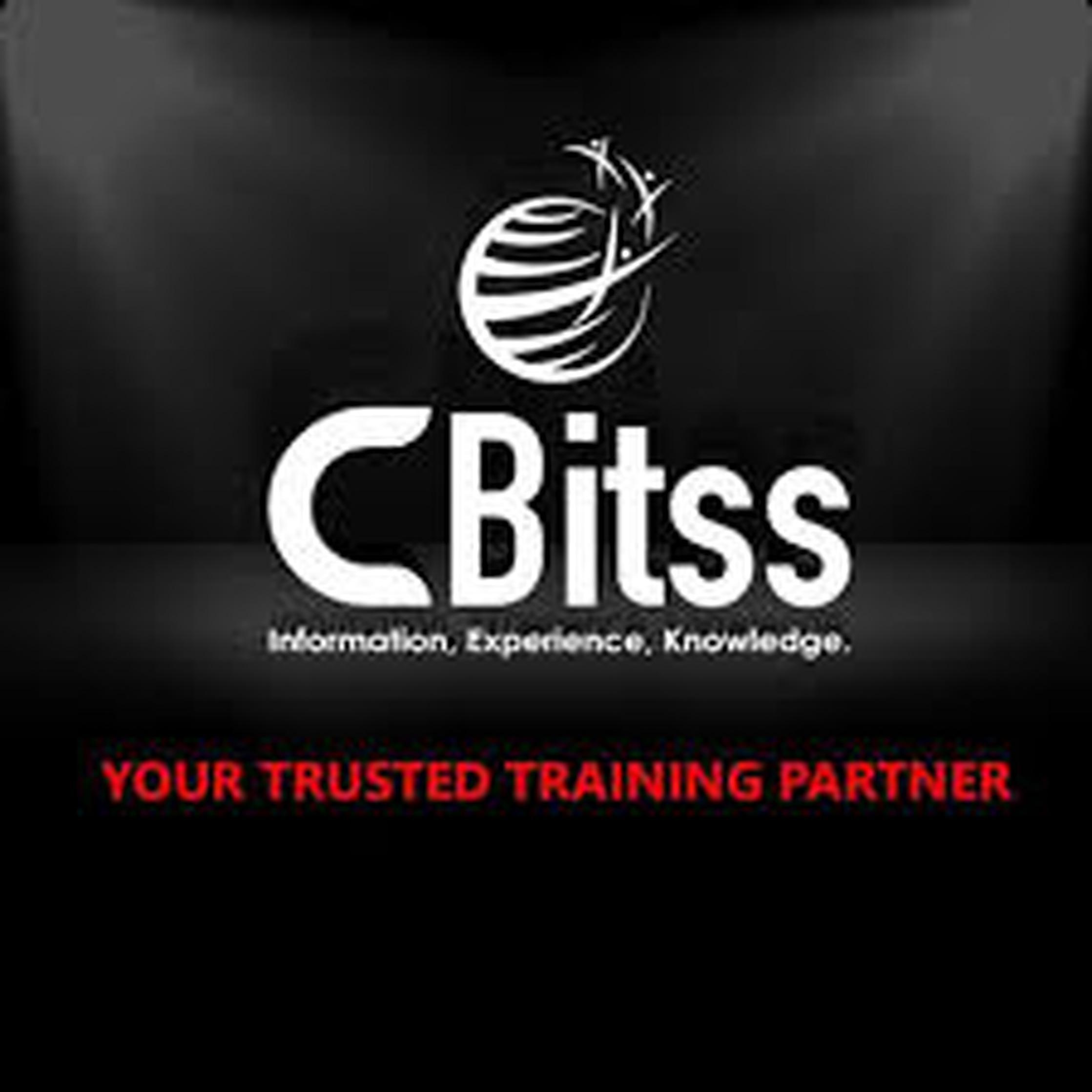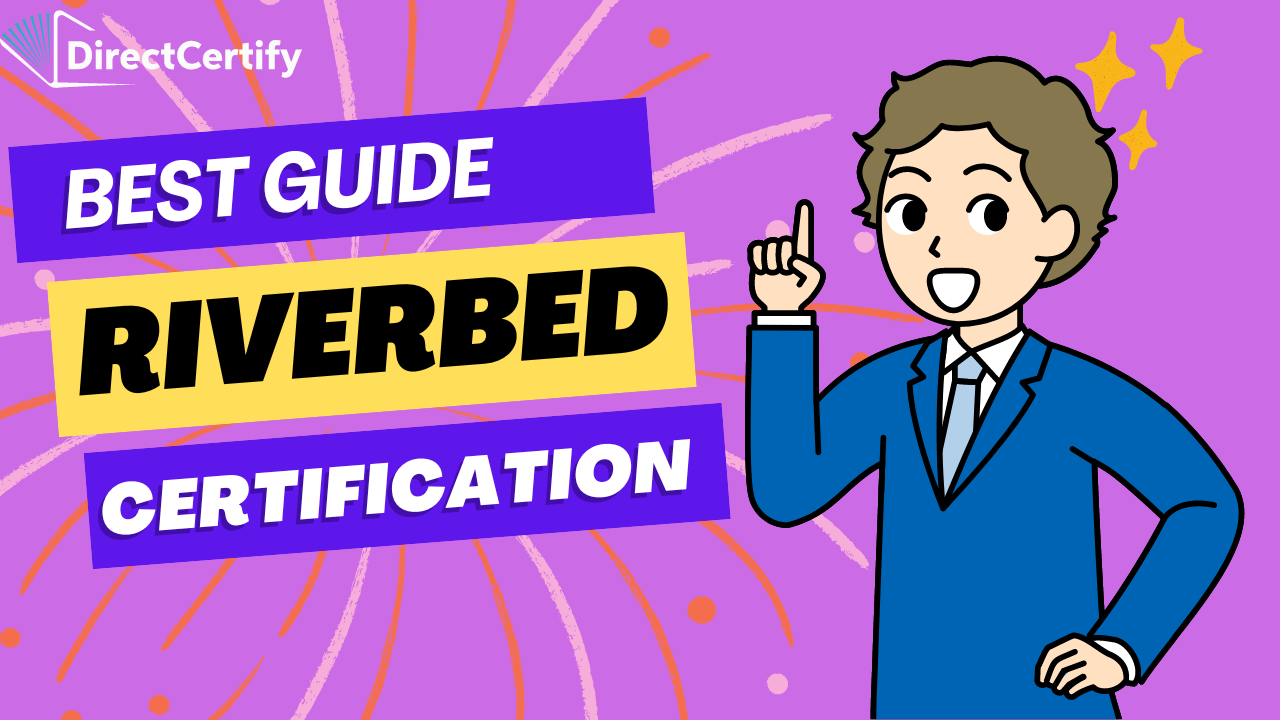
Accountants: A Comprehensive Guide
Table of Contents
- Introduction
- Why Non-Accountants Should Learn Accounting
- Key Concepts Covered in Accounting Courses
- Basic Accounting Principles
- Financial Statements
- Budgeting and Forecasting
- Taxation Basics
- Top Accounting Courses for Non-Accountants
- Introduction to Financial Accounting by Coursera
- Accounting Fundamentals by edX
- Accounting for Non-Accountants by Udemy
- Financial Accounting Fundamentals by LinkedIn Learning
- Basic Accounting by FutureLearn
- Benefits of Taking an Accounting Course
- How to Choose the Right Course
- Conclusion
- FAQs
Introduction
Understanding accounting is essential for anyone involved in business, regardless of their role. Whether you’re a manager, entrepreneur, or someone looking to improve their financial literacy, accounting knowledge can significantly enhance your decision-making abilities. This article provides an overview of the best Accounting courses for non accountants, highlighting the key concepts covered and the benefits of learning accounting.
Why Non-Accountants Should Learn Accounting
Learning accounting offers several advantages for non-accountants:
- Better Financial Decisions: Understanding financial statements and accounting principles helps in making informed business decisions.
- Improved Budgeting Skills: Accounting knowledge aids in creating accurate budgets and forecasts, essential for business planning.
- Enhanced Career Prospects: Adding accounting skills to your resume can make you more competitive in the job market.
- Effective Communication: Knowing accounting terminology allows for better communication with finance professionals.
Key Concepts Covered in Accounting Courses
Basic Accounting Principles
Courses typically start with fundamental accounting principles, including the double-entry system, the accounting equation (Assets = Liabilities + Equity), and the importance of accurate record-keeping.
Financial Statements
Understanding how to read and interpret financial statements is crucial. Courses cover the three primary financial statements:
- Income Statement: Shows the company’s revenues and expenses over a specific period.
- Balance Sheet: Provides a snapshot of the company’s financial position at a given time.
- Cash Flow Statement: Details the cash inflows and outflows from operating, investing, and financing activities.
Budgeting and Forecasting
Courses teach how to create and manage budgets, forecast future financial performance, and use these tools for strategic planning and performance evaluation.
Taxation Basics
Basic taxation principles are often included, helping learners understand the tax obligations of individuals and businesses and how to comply with tax laws.
Top Accounting Courses for Non-Accountants
Introduction to Financial Accounting by Coursera
Overview: Offered by the University of Pennsylvania, this course covers the basics of financial accounting. It includes modules on financial statements, the accounting cycle, and revenue recognition.
Pros:
- University-level education
- Self-paced
- Comprehensive coverage
Cons:
- Requires commitment to complete
Accounting Fundamentals by edX
Overview: Provided by Babson College, this course introduces learners to the fundamental principles of accounting, focusing on financial statements and decision-making.
Pros:
- Free access to course materials
- Practical examples
Cons:
- Certification requires a fee
Accounting for Non-Accountants by Udemy
Overview: This course is designed for beginners and covers the basics of accounting, financial statements, and bookkeeping. It includes practical exercises and quizzes.
Pros:
- Affordable
- Lifetime access
- Interactive content
Cons:
- Not as in-depth as some other courses
Financial Accounting Fundamentals by LinkedIn Learning
Overview: This course provides a solid foundation in financial accounting, covering essential topics such as financial statements, the accounting cycle, and financial reporting.
Pros:
- Short, concise lessons
- Access to LinkedIn Learning resources
- Certificate upon completion
Cons:
- Requires a LinkedIn Learning subscription
Basic Accounting by FutureLearn
Overview: Offered by The Open University, this course covers the basics of accounting, including financial statements, budgeting, and tax basics. It’s designed to be accessible to beginners.
Pros:
- Free to access
- User-friendly interface
- Interactive exercises
Cons:
- Certification requires a fee
Benefits of Taking an Accounting Course
Taking an accounting course can provide numerous benefits, including:
- Enhanced Financial Literacy: Gain a better understanding of financial concepts and terminology.
- Improved Business Acumen: Make better business decisions based on accurate financial information.
- Career Advancement: Increase your employability and open up new career opportunities.
- Personal Finance Management: Apply accounting principles to manage your personal finances more effectively.
How to Choose the Right Course
When selecting an accounting course, consider the following factors:
- Course Content: Ensure the course covers the key concepts you need to learn.
- Accreditation: Choose courses offered by reputable institutions or platforms.
- Format: Decide whether you prefer online flexibility or in-person instruction.
- Cost: Evaluate the course fees and determine if they fit your budget.
- Reviews: Read feedback from previous learners to gauge the course’s effectiveness.
Conclusion
Accounting courses for non accountants is invaluable for anyone involved in business or looking to enhance their financial literacy. The courses highlighted in this guide provide a solid foundation in accounting principles, financial statements, budgeting, and taxation. By choosing the right course, you can gain the skills needed to make informed financial decisions, improve your career prospects, and effectively manage your finances.
FAQs
Q1: Do I need any prior knowledge to take an accounting course for non-accountants?
A1: No prior knowledge is required. These courses are designed for beginners and cover basic accounting principles.
Q2: How long does it take to complete an accounting course?
A2: The duration varies by course, ranging from a few hours to several weeks.
Q3: Are there free accounting courses available?
A3: Yes, platforms like edX and FutureLearn offer free access to course materials, though certification may require a fee.
Q4: What tools do I need to take an online accounting course?
A4: You typically need a computer or mobile device with internet access. Some courses may also require specific software for exercises.
Q5: Can these courses help me with personal finance management?
A5: Yes, the principles learned in these courses can be applied to manage personal finances effectively.
By selecting the right accounting course, you can build a strong foundation in financial principles, enhance your business acumen, and achieve greater financial success.







